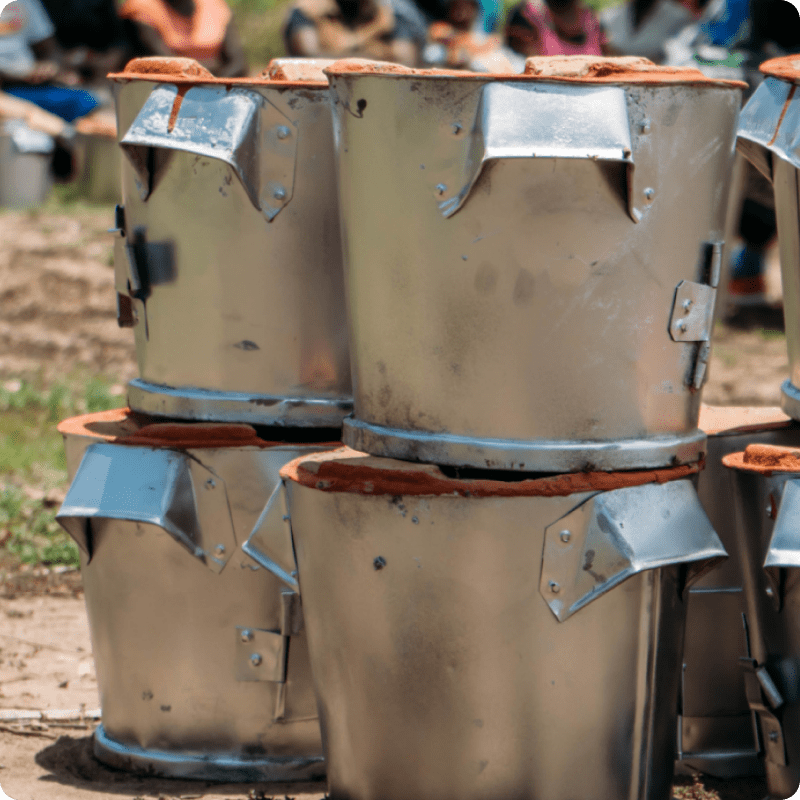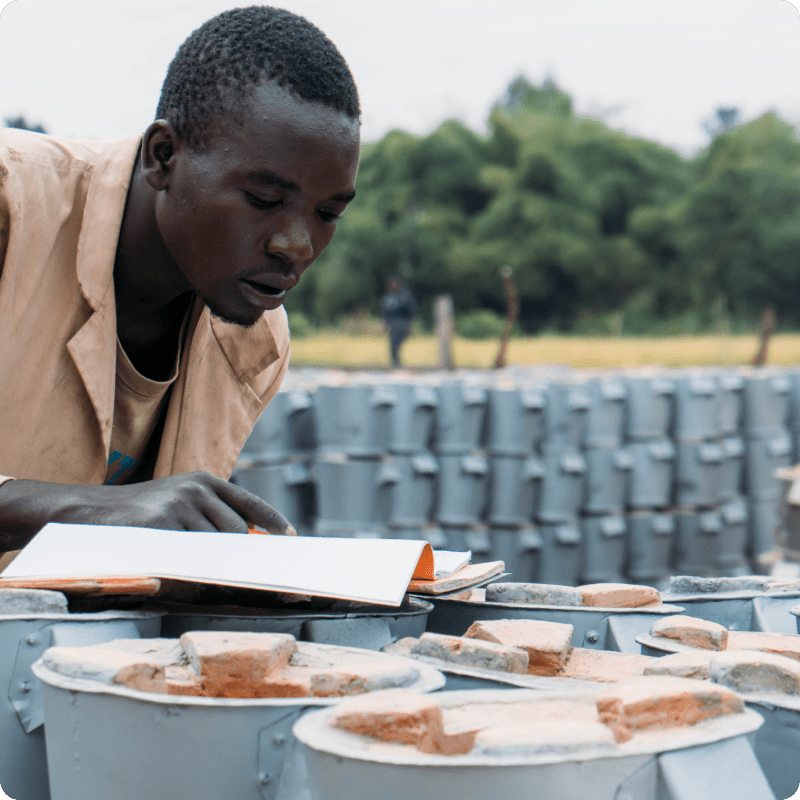Search Green Earth
-
Services
-
Products
-
Nature-based solutions
-
Stakeholders
-
How it works
-
Green Earth
-
Investor information
-
Group services
-
Insights
-
Sessions & Guides
Search Green Earth
It looks like you’re browsing from Netherlands. Click here to switch to the Dutch →
x
LATEST ARTICLE
The hidden strength of nature-based credits in corporate decarbonisation strategies Read Article






.png?width=1975&height=1498&name=sawa%20cookstoves%20(1).png)







